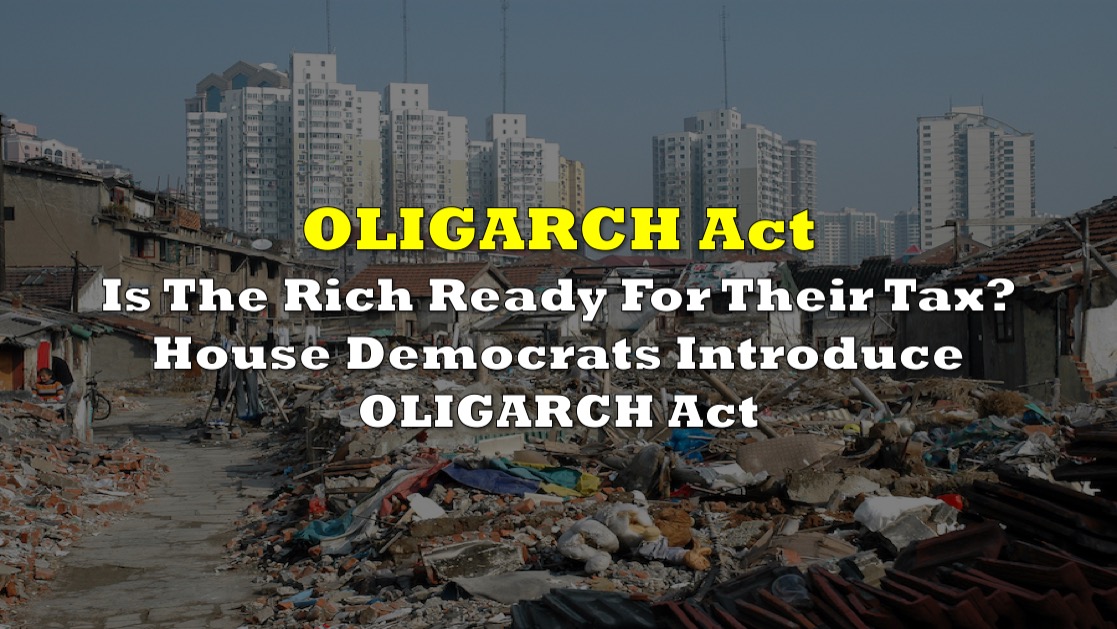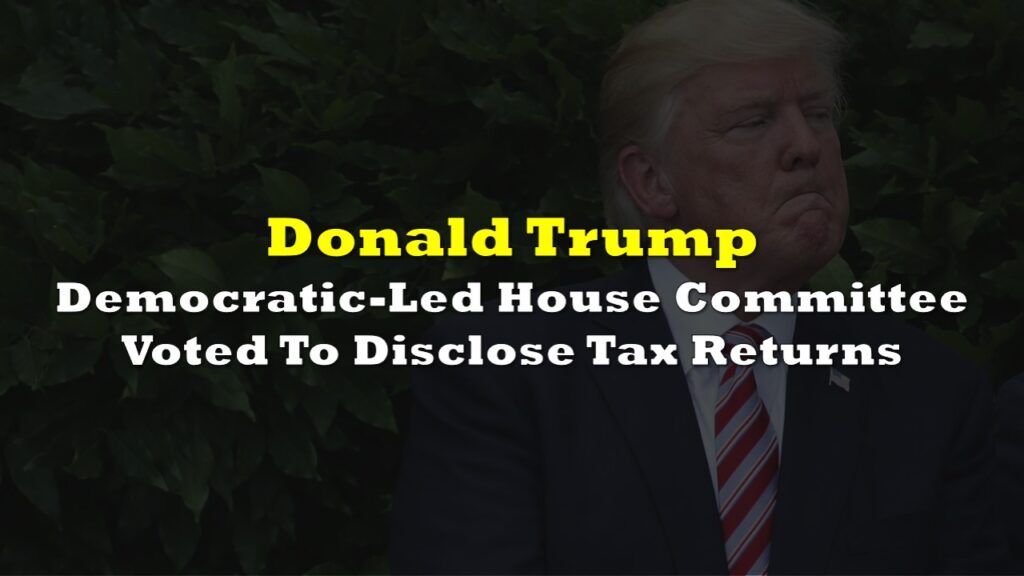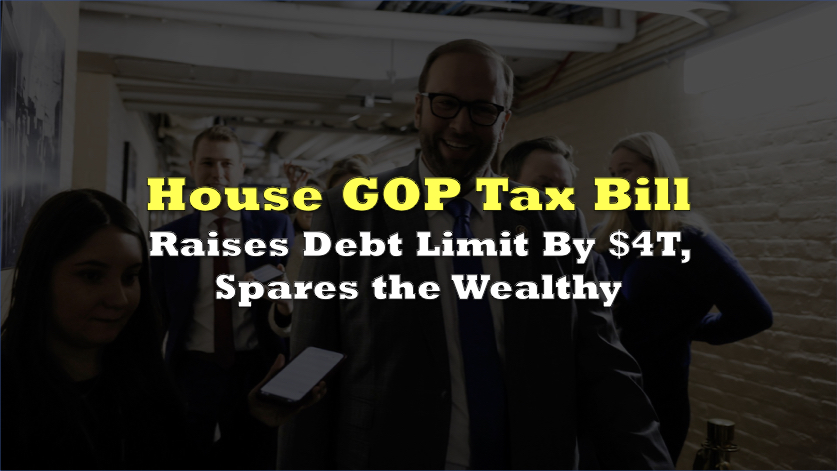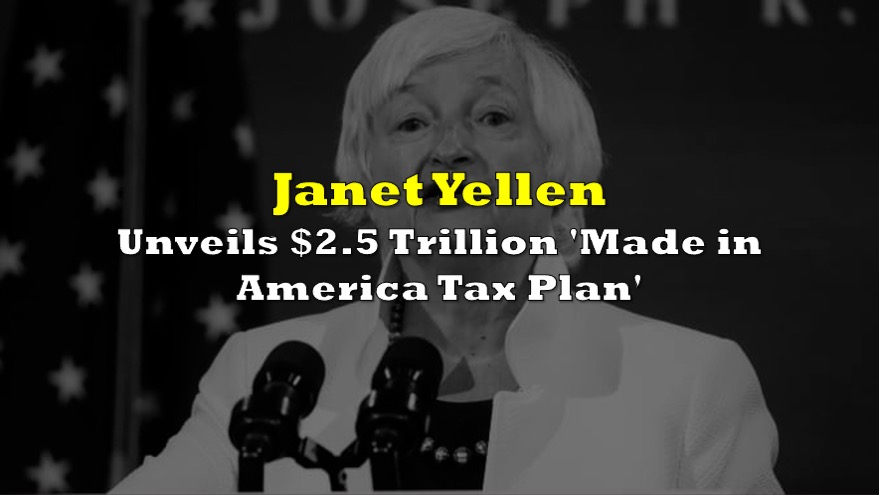A group of progressive U.S. lawmakers unveiled a comprehensive plan on Wednesday aimed at tackling the alarming issue of wealth inequality in the country. The Oppose Limitless Inequality Growth and Reverse Community Harms (OLIGARCH) Act, introduced by Representatives Barbara Lee (D-Calif.), Summer Lee (D-Pa.), Rashida Tlaib (D-Mich.), and Jamaal Bowman (D-N.Y.), centers around a wealth tax designed to respond dynamically to changes in inequality.
“Inequality in the United States has reached unprecedented levels, surpassing even the disparities seen during the Gilded Age,” said Lee. “It is unacceptable that while millions of hardworking people struggle to make ends meet, the top 0.1% control over 20% of the nation’s wealth.”
The OLIGARCH Act proposes a solution to bridge the enormous wealth gap and establish a fairer tax system where everyone contributes their fair share. The legislation would introduce a progressive wealth tax with four brackets:
- A 2% tax for all wealth between 1,000 and 10,000 times the median household wealth.
- A 4% tax for all wealth between 10,000 and 100,000 times the median household wealth.
- A 6% tax for all wealth between 100,000 and 1,000,000 times the median household wealth.
- An 8% tax for all wealth exceeding 1,000,000 times the median household wealth.
The legislation was introduced today by @RepBarbaraLee, @RepSummerLee, @RepRashida, and @RepBowman.
— More Perfect Union (@MorePerfectUS) July 26, 2023
It would also require the IRS to regularly audit at least 30% of households affected by the new wealth tax.https://t.co/f3odgZLTrA
The tax brackets would be adjusted according to changes in median household wealth, ensuring that the tax burden aligns with the level of inequality in society. For instance, in the unlikely event that median household wealth falls below $50,000 from its current level of about $120,000, the tax thresholds would be fixed at higher levels. Otherwise, the tax rates would fluctuate in response to changing wealth concentrations, becoming more pronounced during periods of rising inequality but tapering off as inequality moderates.
Furthermore, the legislation aims to address the issue of tax evasion by implementing at least a 30% audit rate on households impacted by the new wealth tax. Recent estimates suggest that the wealthiest Americans evade taxes on more than 20% of their earnings, resulting in a loss of around $175 billion in federal revenue each year. Strikingly, low-income households have been disproportionately targeted by IRS audits, leaving the wealthy largely untouched.
The urgent need for this legislation was underscored during the pandemic, where billionaires amassed trillions of dollars in wealth while a significant portion of the population suffered from economic hardship and loss of life. The disparities are alarming, with the 500 richest individuals in the world adding a staggering $852 billion to their net worth in the first half of this year alone.
Morris Pearl, chair of the advocacy group Patriotic Millionaires, expressed concern that such extreme wealth inequality poses an existential threat to the country. Referring to research by political scientists Jeffrey Winters and Benjamin Page, Pearl highlighted the disproportionate political power wielded by the wealthiest Americans, further perpetuating the cycle of wealth accumulation.
Back in March 2022, US President Joe Biden unveiled his fiscal 2023 budget that aimed to tackle the US$1.3 trillion deficit. But the highlight of the announcement was the plan to impose a “wealth tax” on the top 1%–considered to be the first-ever direct tax on billionaires.
Information for this briefing was found via Common Dreams. The author has no securities or affiliations related to this organization. Not a recommendation to buy or sell. Always do additional research and consult a professional before purchasing a security. The author holds no licenses.









